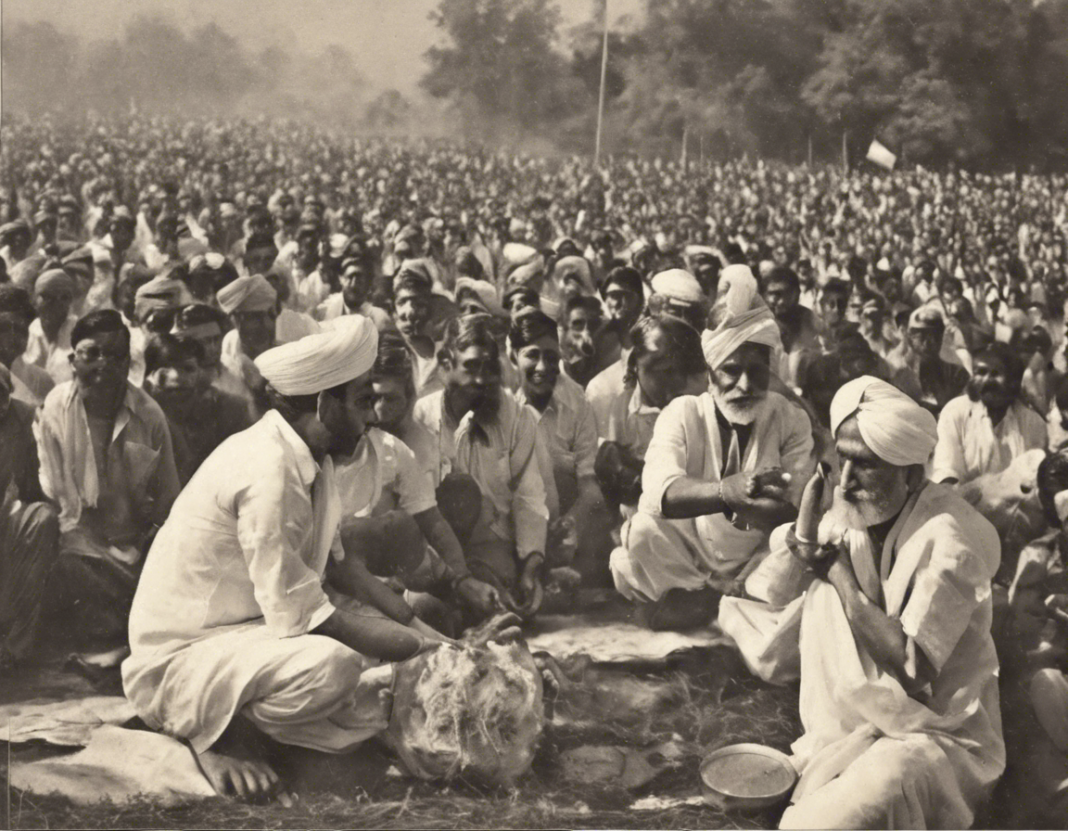India, being the seventh-largest country in the world by land area, shares its borders with multiple countries. However, there is one country that does not share its land border with India, and that is Afghanistan. Afghanistan is located to the northwest of India and is separated by Pakistan, which acts as a buffer between the two nations.
Reasons for the Unshared Land Border
The absence of a direct land border between India and Afghanistan can be attributed to historical and geographical reasons. The region between the two countries is characterized by rugged terrain, including the mountainous areas of the Hindu Kush and the inhospitable terrain of the Baluchistan Plateau.
Bilateral Relations
Despite not sharing a direct land border, India and Afghanistan have cultivated strong diplomatic and strategic ties over the years. India has been a key partner in Afghanistan’s development efforts, providing significant aid in areas such as infrastructure, education, and capacity building. The friendship between the two nations is reflected in their shared values of democracy, pluralism, and a vision for a stable and peaceful region.
Connectivity Initiatives
While land connectivity may be limited, India and Afghanistan have explored alternative routes for trade and people-to-people contact. The Chabahar Port in Iran, which is being developed with Indian assistance, serves as a crucial link for trade between India, Iran, and Afghanistan. This port offers a strategic alternative to land routes and enhances regional connectivity.
Historical and Cultural Ties
India and Afghanistan share deep-rooted historical and cultural ties that have transcended geographical boundaries. The influence of Indian civilization, particularly in the form of Buddhism, has left a lasting impact on Afghanistan. The cultural exchanges between the two nations continue to enrich their relationship and foster mutual understanding.
Future Prospects
As India continues to deepen its engagement with Afghanistan through various developmental projects and strategic partnerships, the potential for enhanced connectivity and cooperation remains promising. While the absence of a direct land border poses challenges, both countries have demonstrated a commitment to overcoming geographic constraints and strengthening their relationship.
Frequently Asked Questions (FAQs)
-
Why does India not share a land border with Afghanistan?
India’s geographical proximity to Afghanistan is separated by Pakistan, which acts as a buffer between the two nations. The rugged terrain and historical factors have also contributed to the absence of a direct land border. -
How do India and Afghanistan maintain diplomatic relations without a shared border?
India and Afghanistan have leveraged other means of connectivity, such as air and sea routes, to facilitate diplomatic exchanges, trade, and people-to-people contact. They have also invested in infrastructure projects like the Chabahar Port for enhanced connectivity. -
What role does Pakistan play in the relationship between India and Afghanistan?
Pakistan’s geopolitical dynamics and historical tensions with India have influenced the trilateral dynamics among India, Afghanistan, and Pakistan. Despite challenges, India and Afghanistan maintain bilateral ties independent of their relationship with Pakistan. -
Are there any ongoing cooperation initiatives between India and Afghanistan?
India has been actively involved in various developmental projects in Afghanistan, ranging from infrastructure development to capacity building. These initiatives aim to support Afghanistan’s reconstruction and foster long-term stability in the region. -
How do historical and cultural ties impact the relationship between India and Afghanistan?
The historical and cultural affinities between India and Afghanistan serve as a strong foundation for their bilateral ties. Shared heritage, cultural exchanges, and common values have contributed to a sense of mutual respect and solidarity between the two nations.









